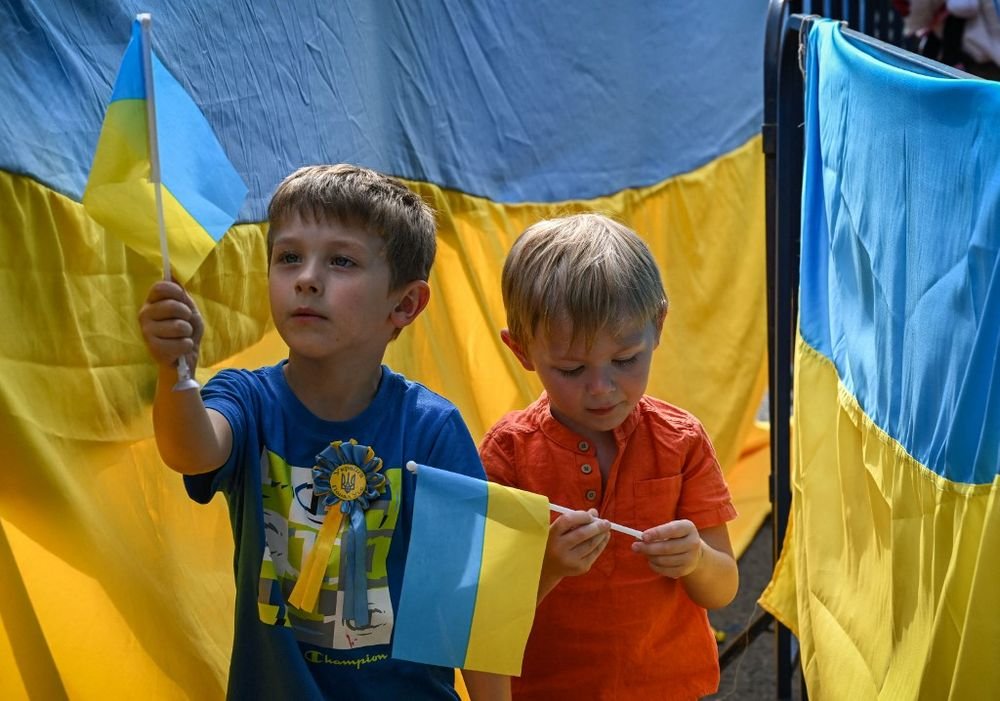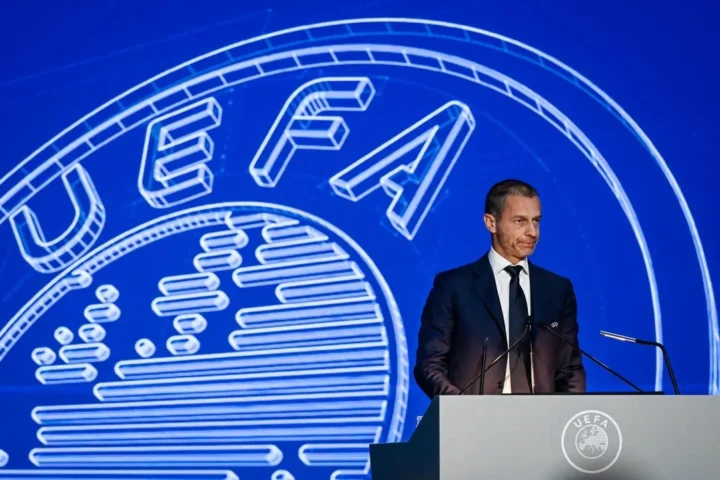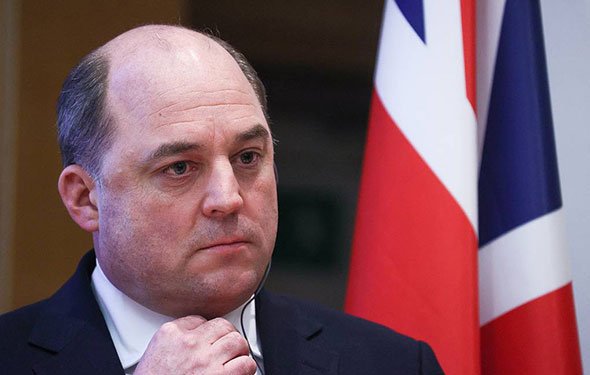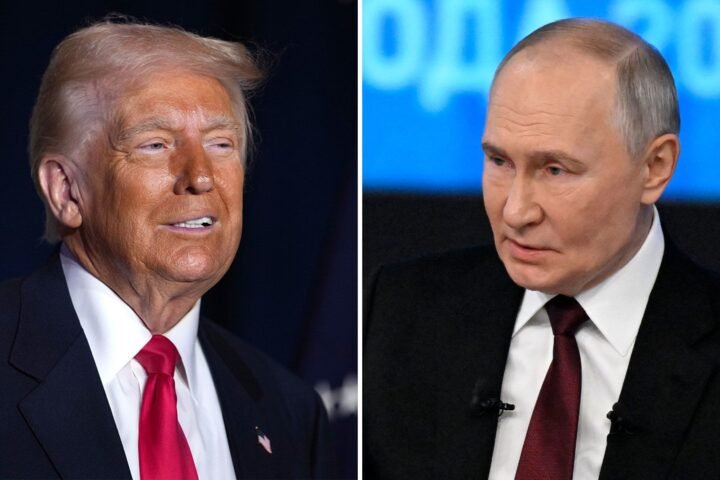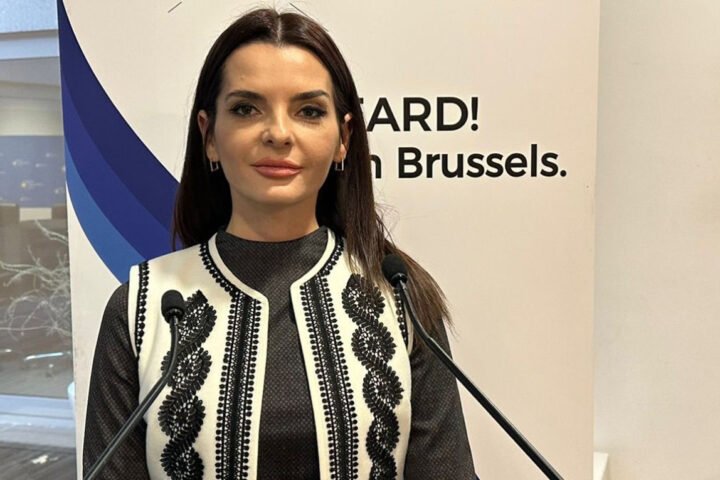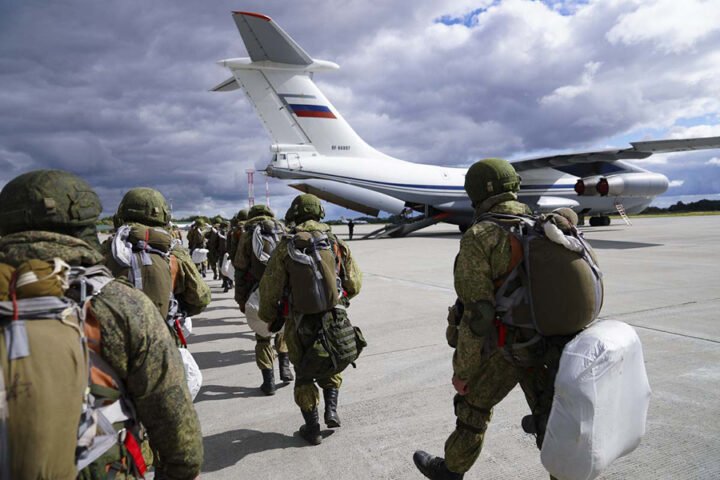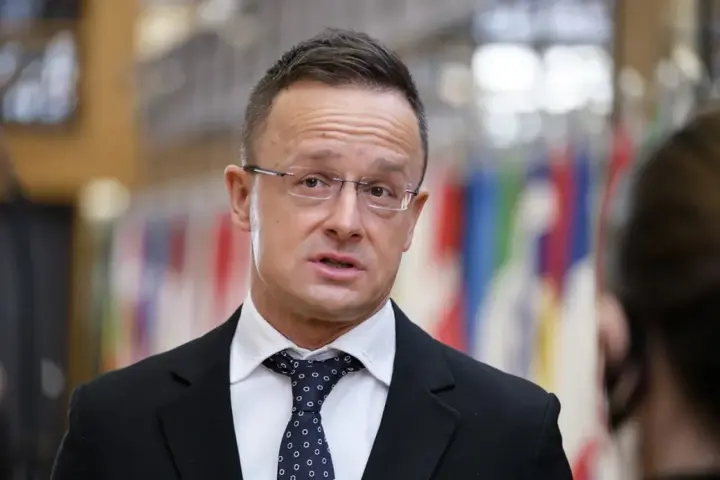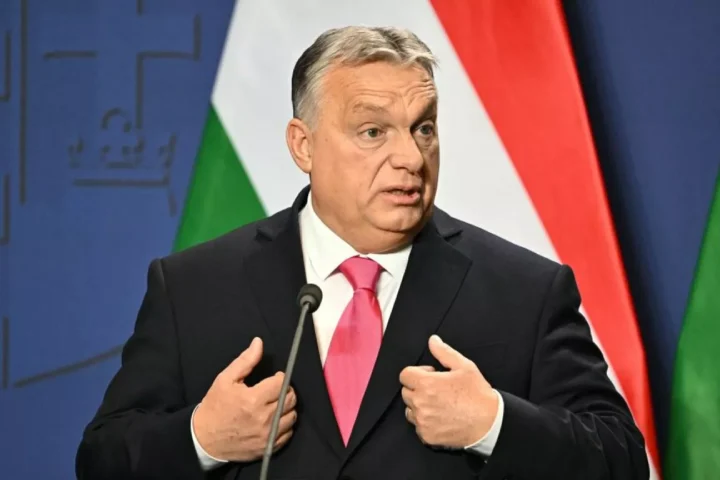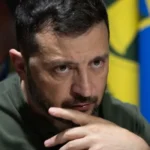The self-proclaimed Luhansk People’s Republic (LNR) authorities have published an online database of nearly 300 Ukrainian children available for adoption, according to Mykola Kuleba, head of the Save Ukraine organization. The list includes detailed profiles of children aged from infants to 17 years, featuring their names, photos, personality descriptions, and hobbies. The database allows filtering by gender, age, eye and hair color, and sibling status.
Described as modern slave catalog by human rights group
Kuleba condemned the publication, stating the descriptions resemble a “catalog of slaves” and called it a form of child trafficking that the international community must halt. The release of such a database highlights the ongoing humanitarian crisis as thousands of Ukrainian children remain displaced amid Russia’s war. Official Ukrainian data estimate around 20,000 children have been affected by the conflict, with only 1,500 returned so far. Other officials suggest the number of forcibly removed children could be as high as 200,000 to 300,000.
Forced deportations and international legal actions
In March 2023, the International Criminal Court in The Hague issued arrest warrants for Russian President Vladimir Putin and Russian children’s ombudswoman Maria Lvova-Belova over alleged war crimes involving the forcible deportation of Ukrainian children. Russian officials claim the relocations are humanitarian evacuations, but evidence points to systematic efforts to erase Ukrainian identity through forced assimilation.
Russian policy aims at assimilation and citizenship change
Russian authorities and their proxies in occupied Ukrainian territories reportedly aim to assimilate deported children by changing their citizenship to Russian and placing them in institutions or families where they face intensive propaganda and cultural indoctrination. This policy forms part of a broader strategy to eradicate Ukrainian identity and integrate children into Russian society.
Risks of conscription and human rights violations
Teenagers forced to accept Russian citizenship may face conscription into the Russian military, potentially having to fight against their own people, violating international law. Moscow cynically frames these actions as humanitarian efforts, masking systematic abuses under a façade of child protection.
Political complicity underlines systemic abuse
The case of Russian State Duma deputy Sergey Mironov adopting a girl abducted from Kherson illustrates the involvement of top officials in these criminal schemes, underscoring the need for international pressure and accountability for those responsible.
Violations of international law demand global response
The deportation and forced transfer of civilians, especially children, breach the Fourth Geneva Convention of 1949. Forced citizenship changes and the transfer of children from one national group to another constitute grave violations of international legal standards, highlighting the urgent need for global attention and action.
